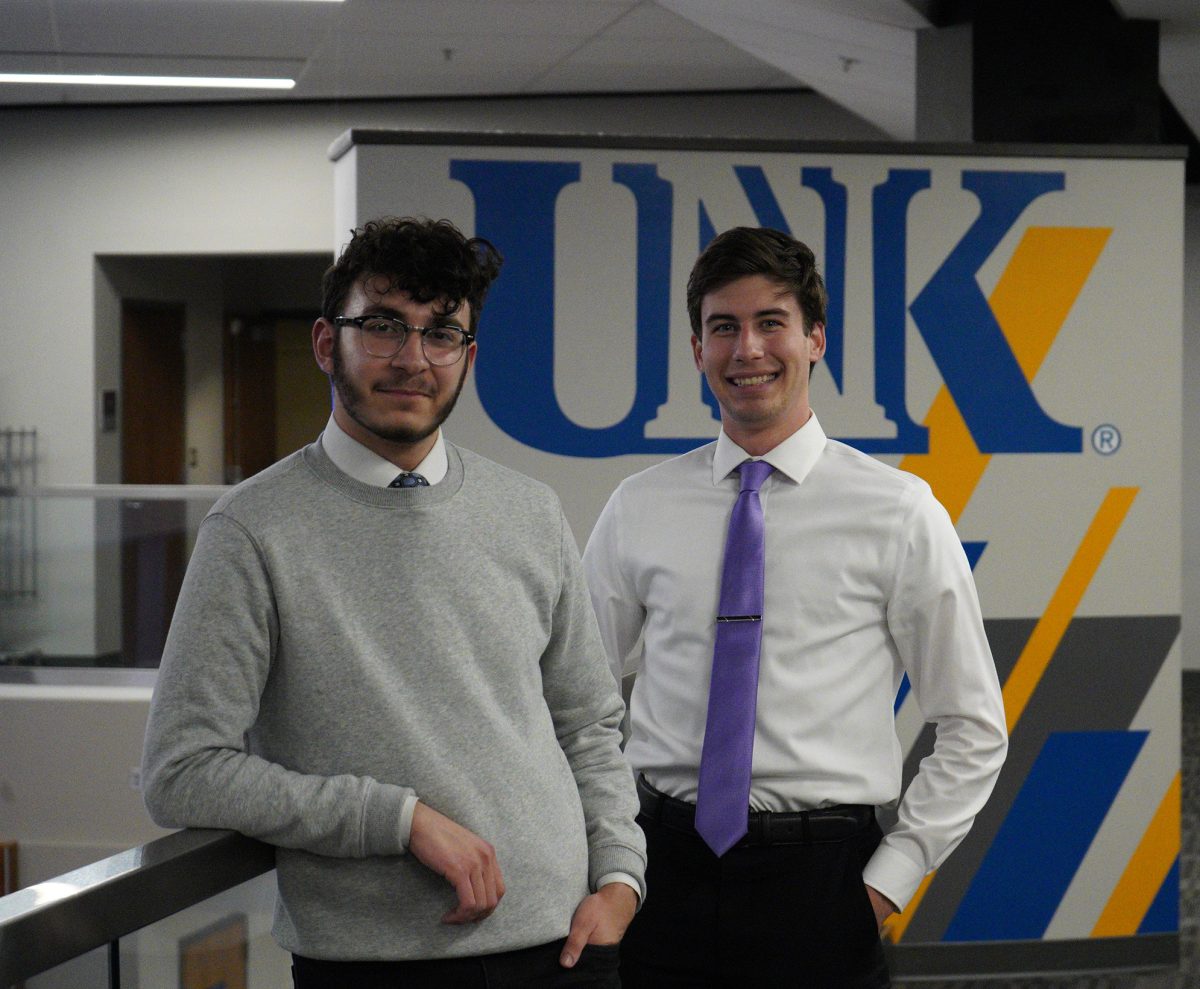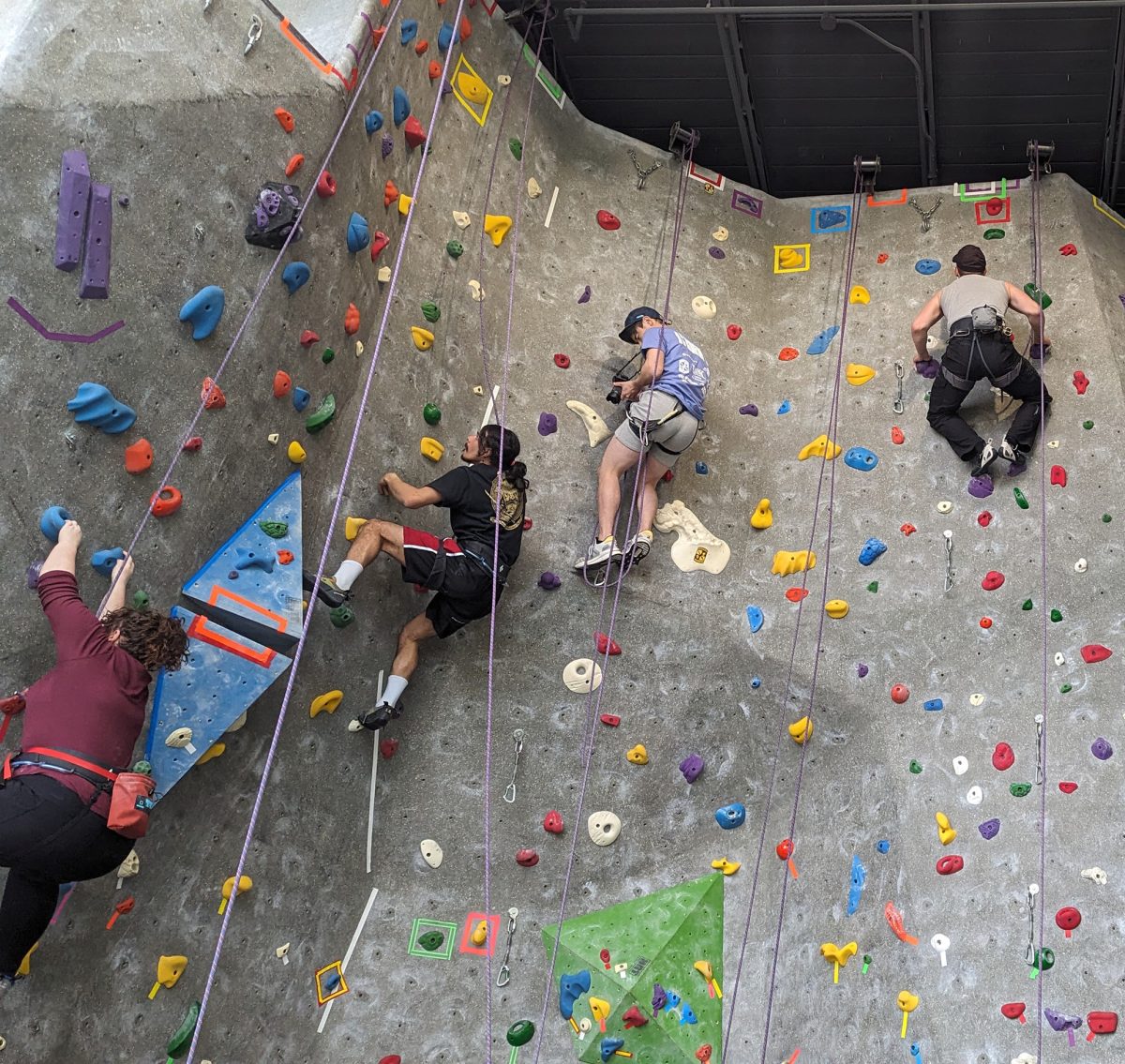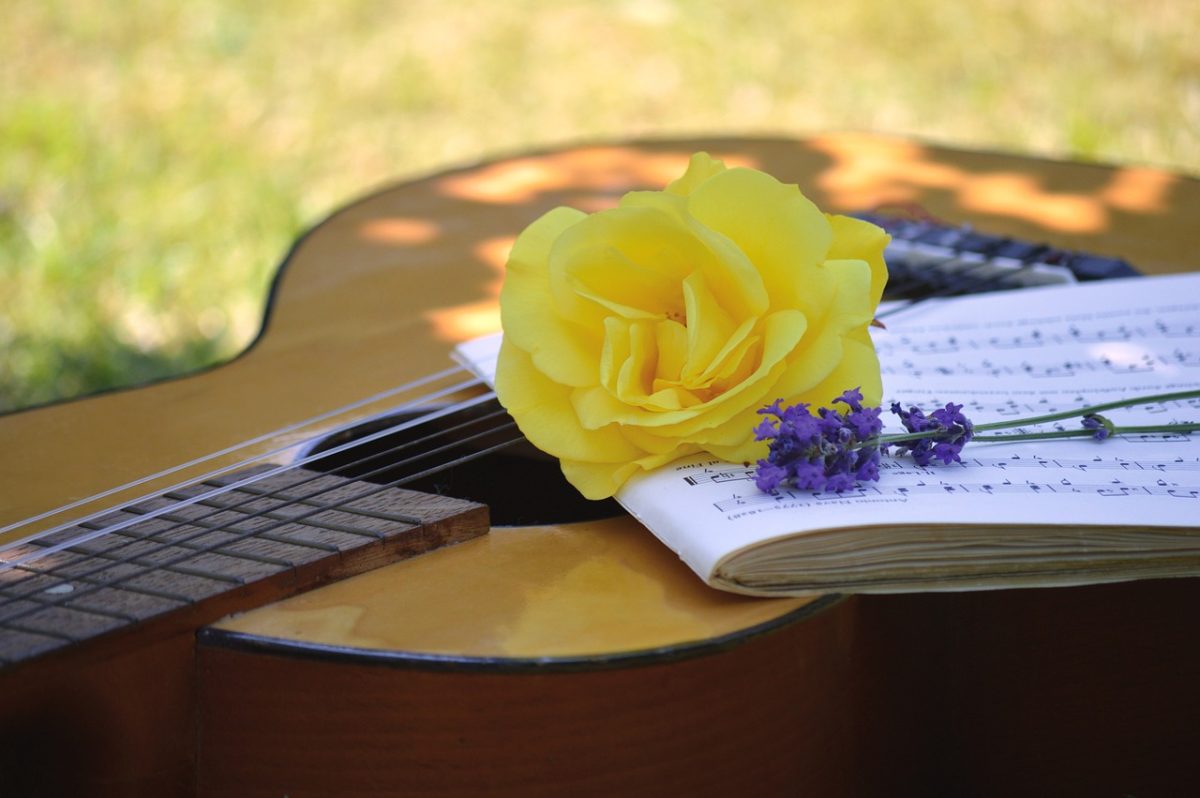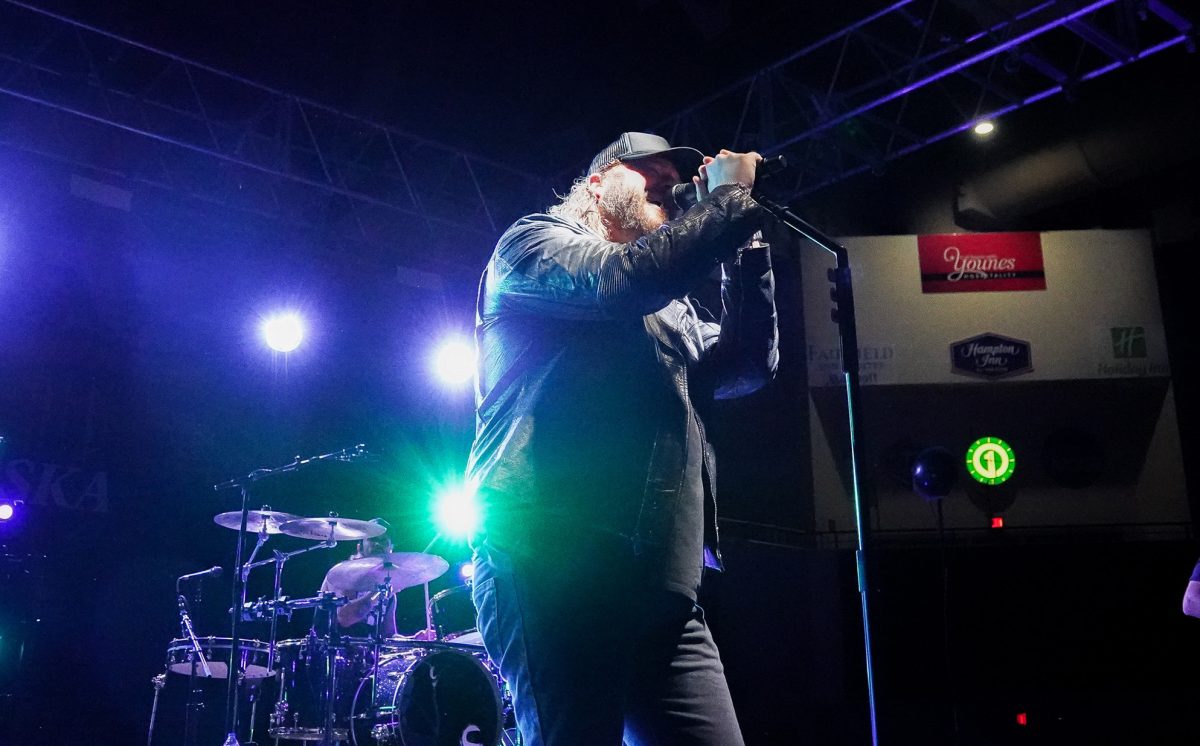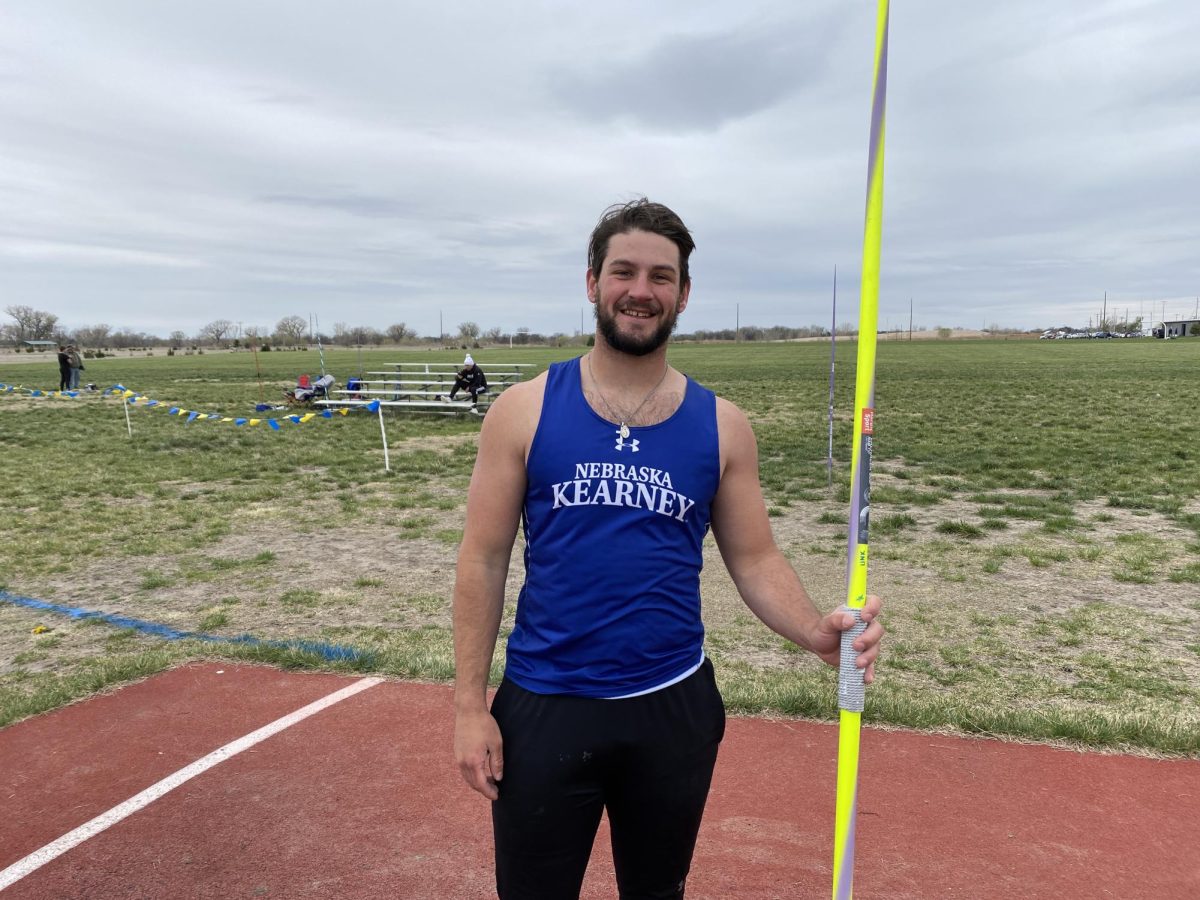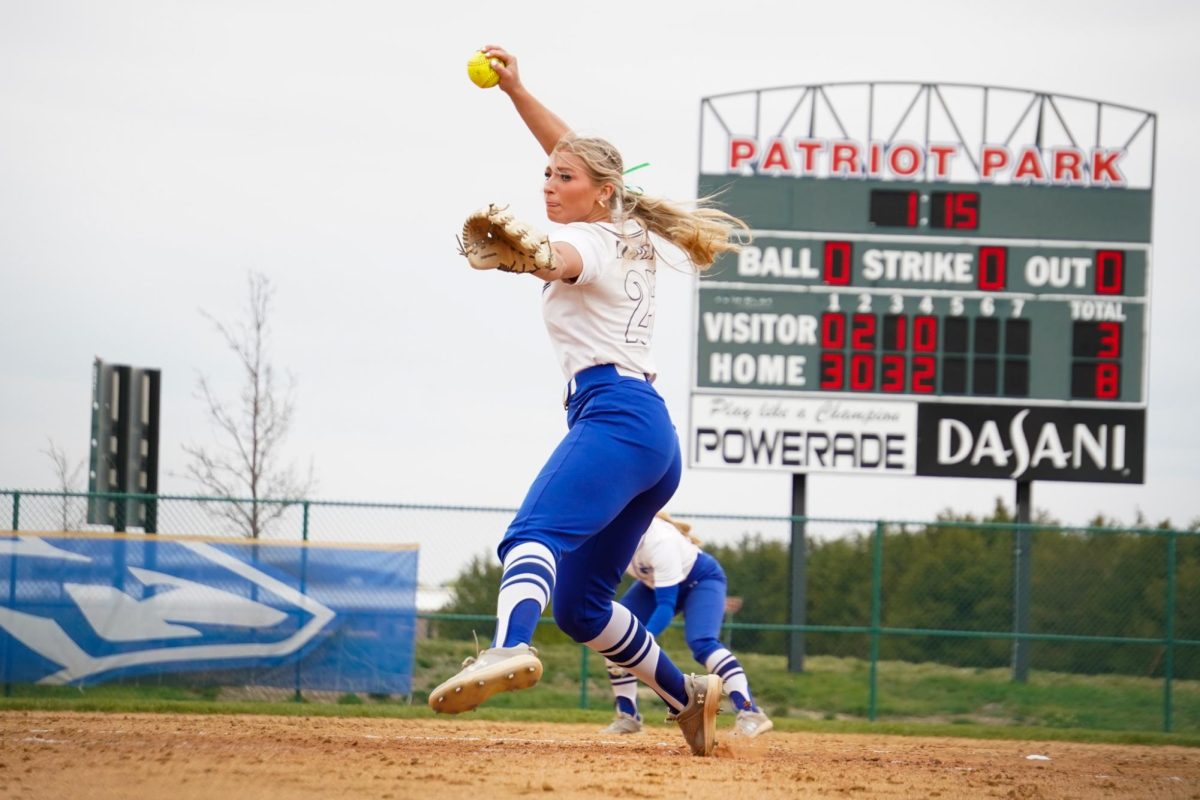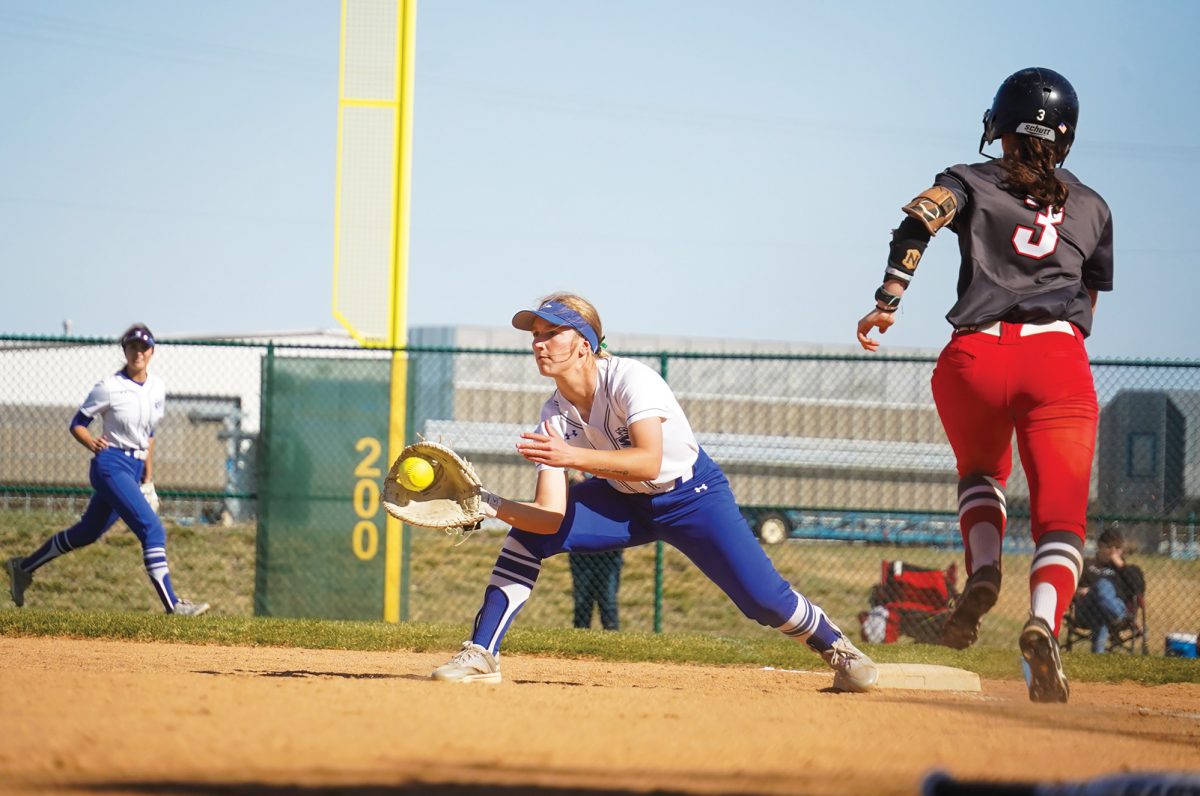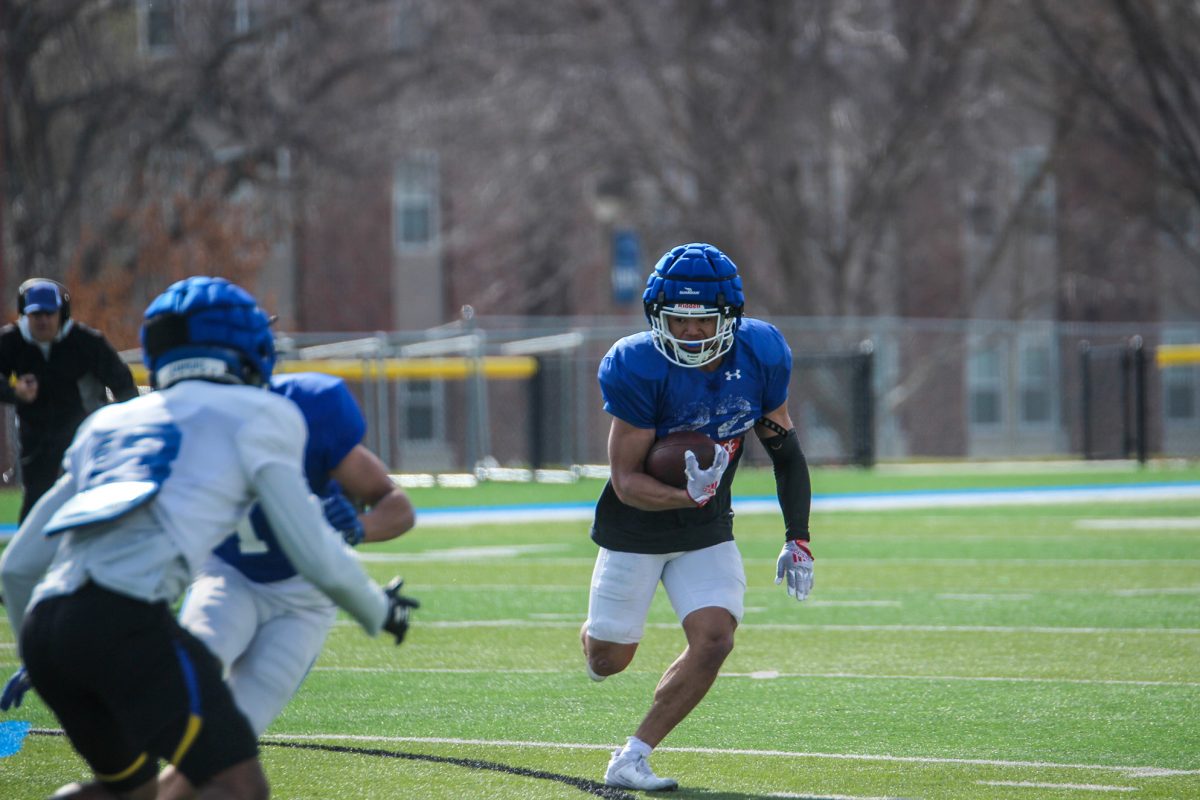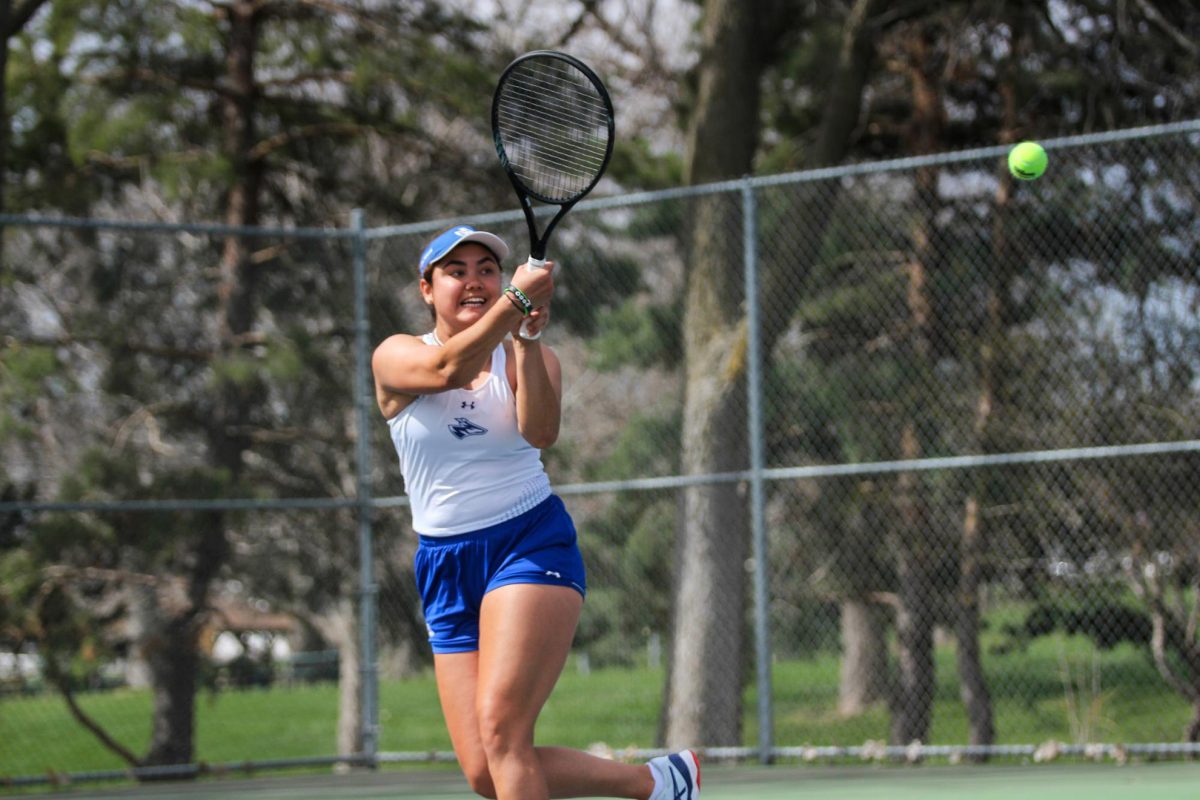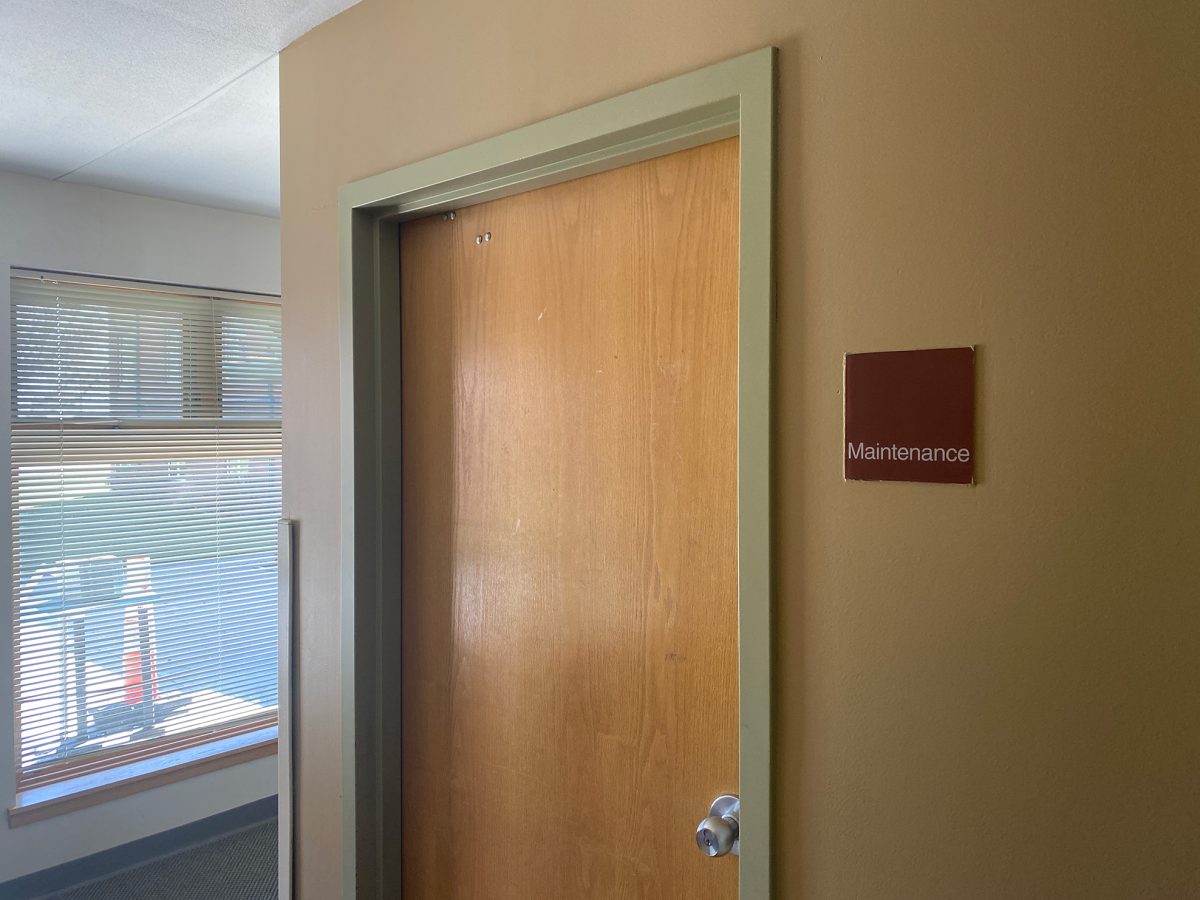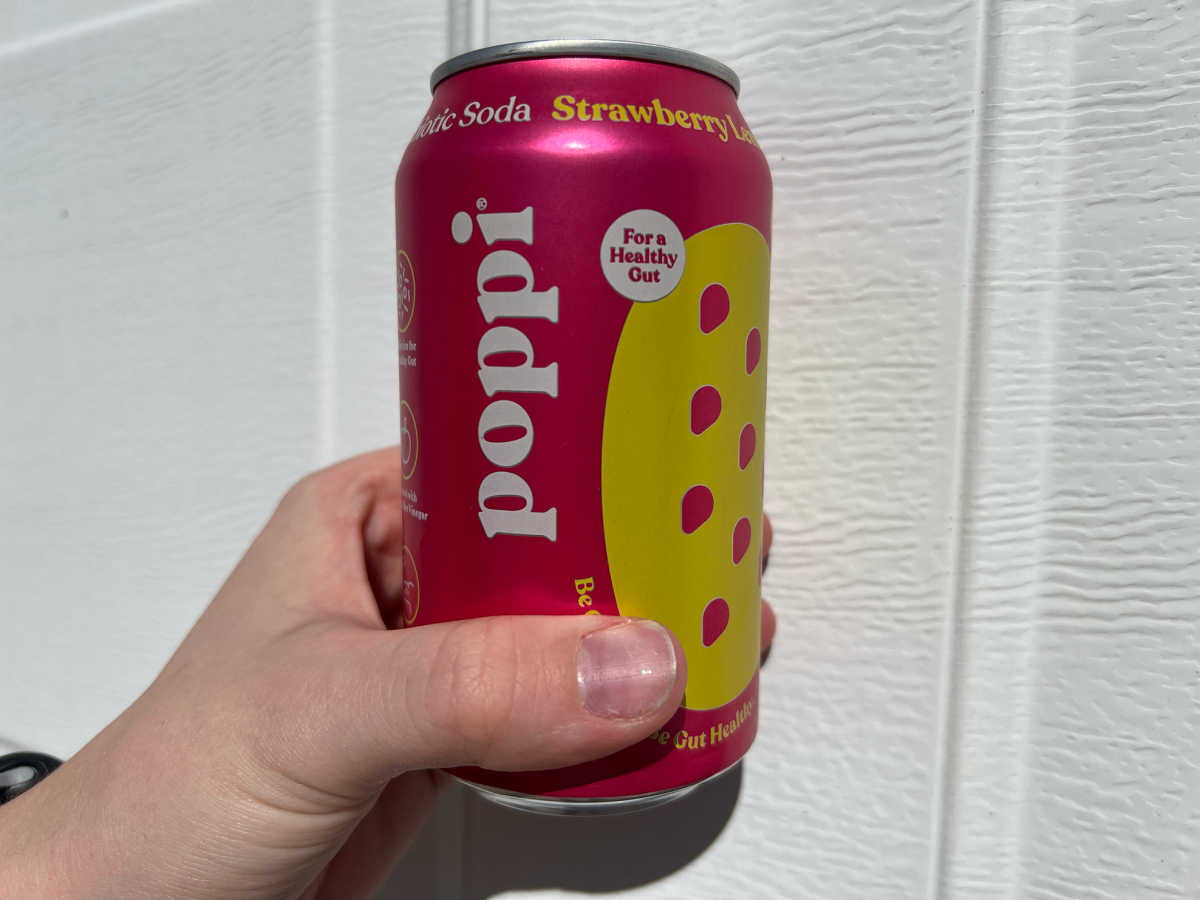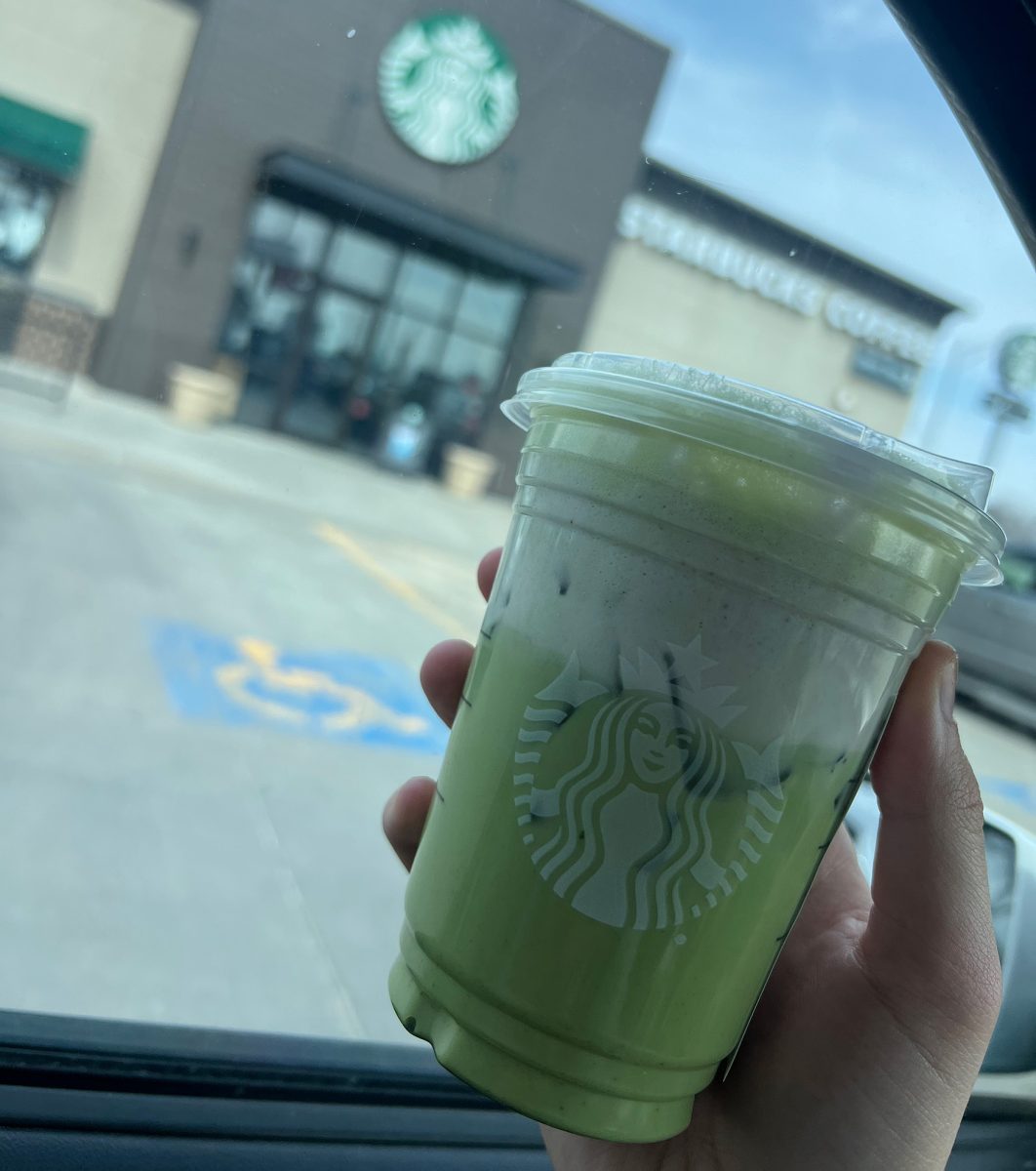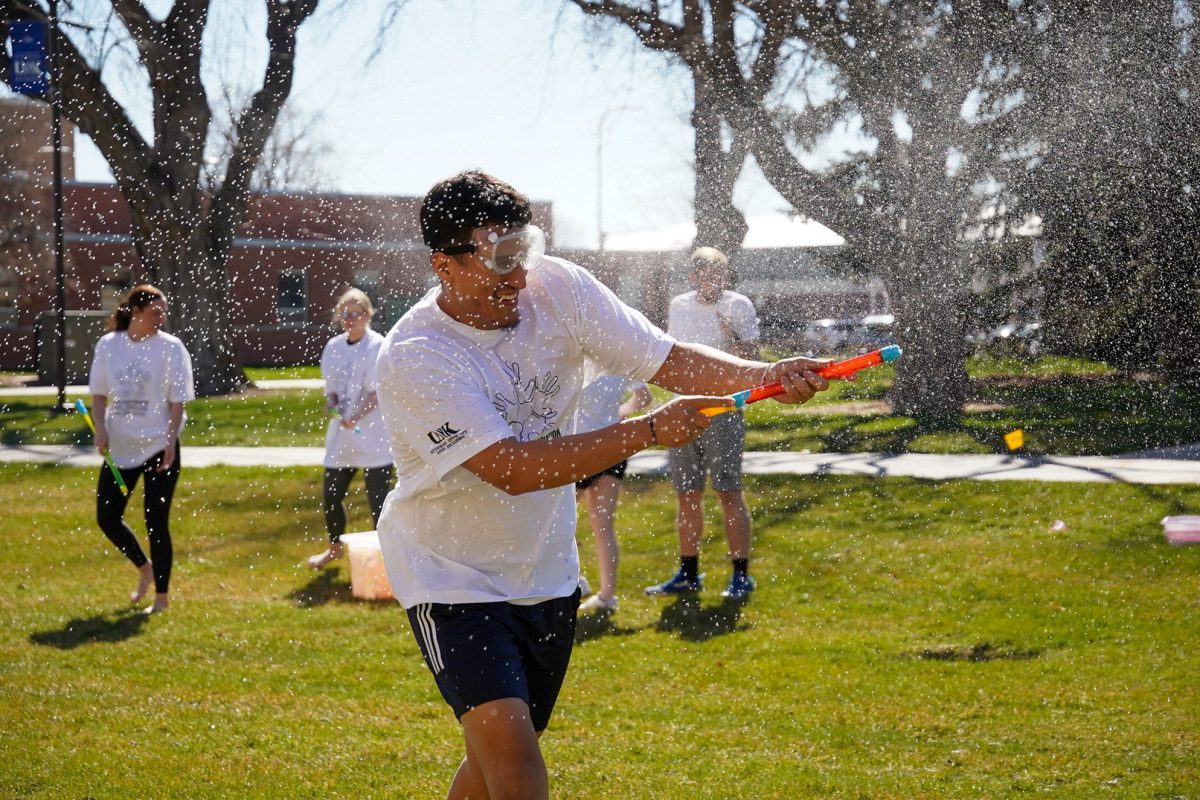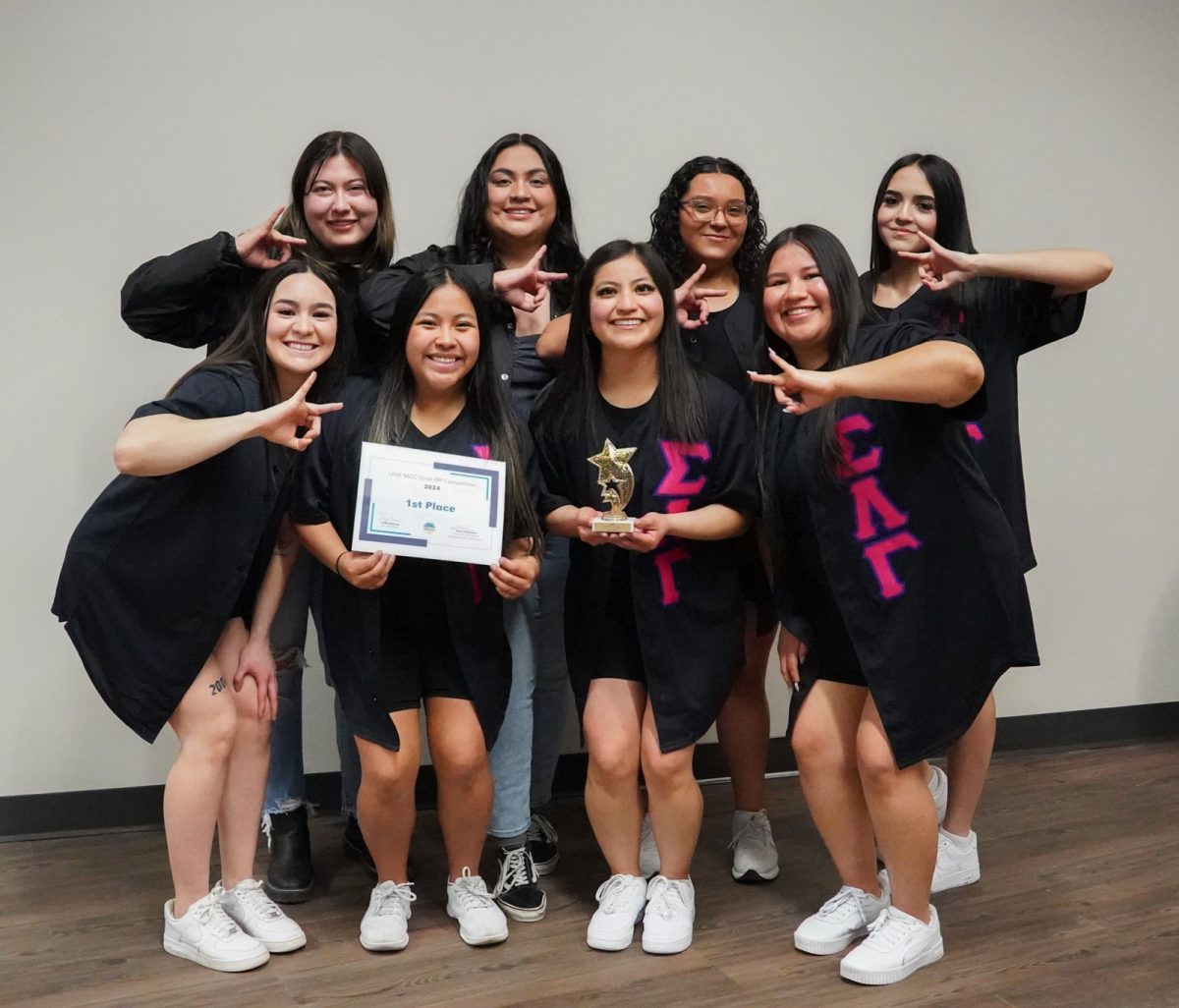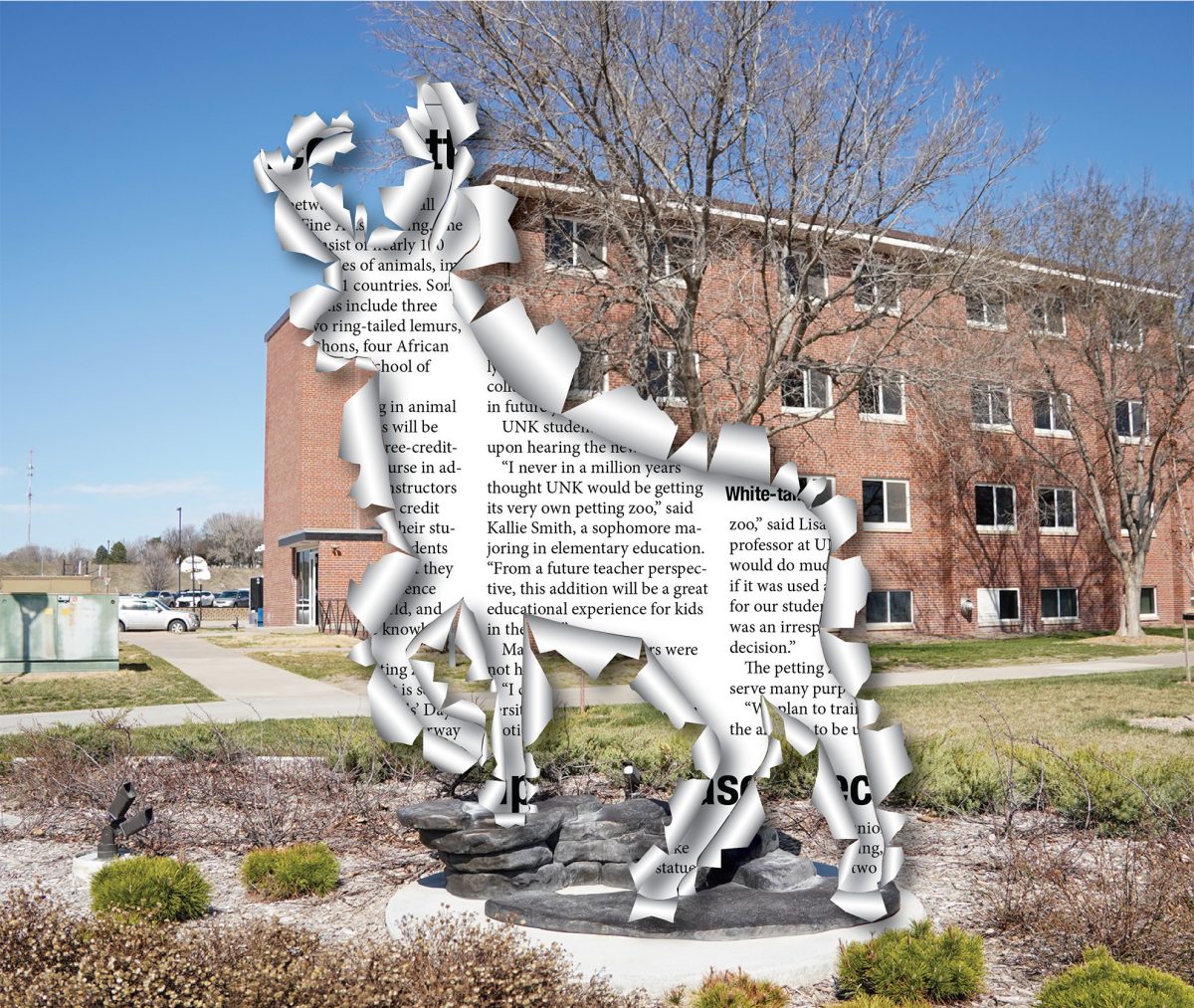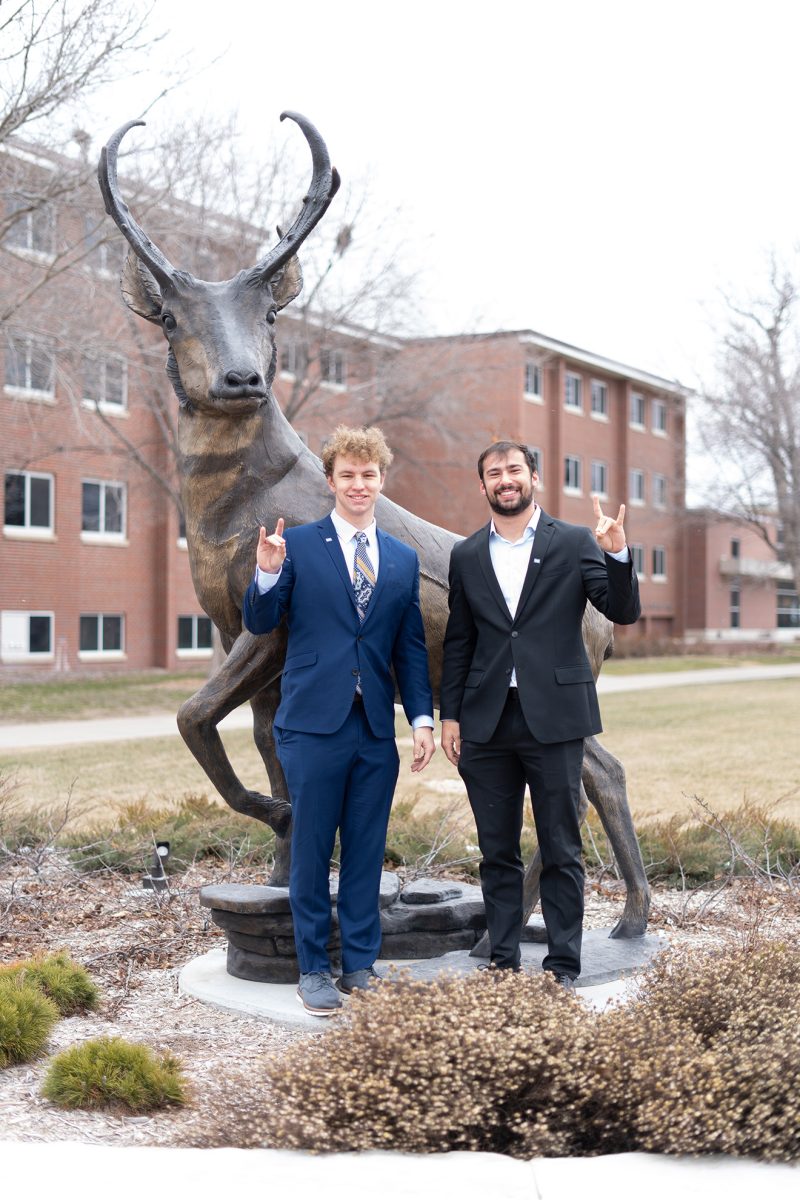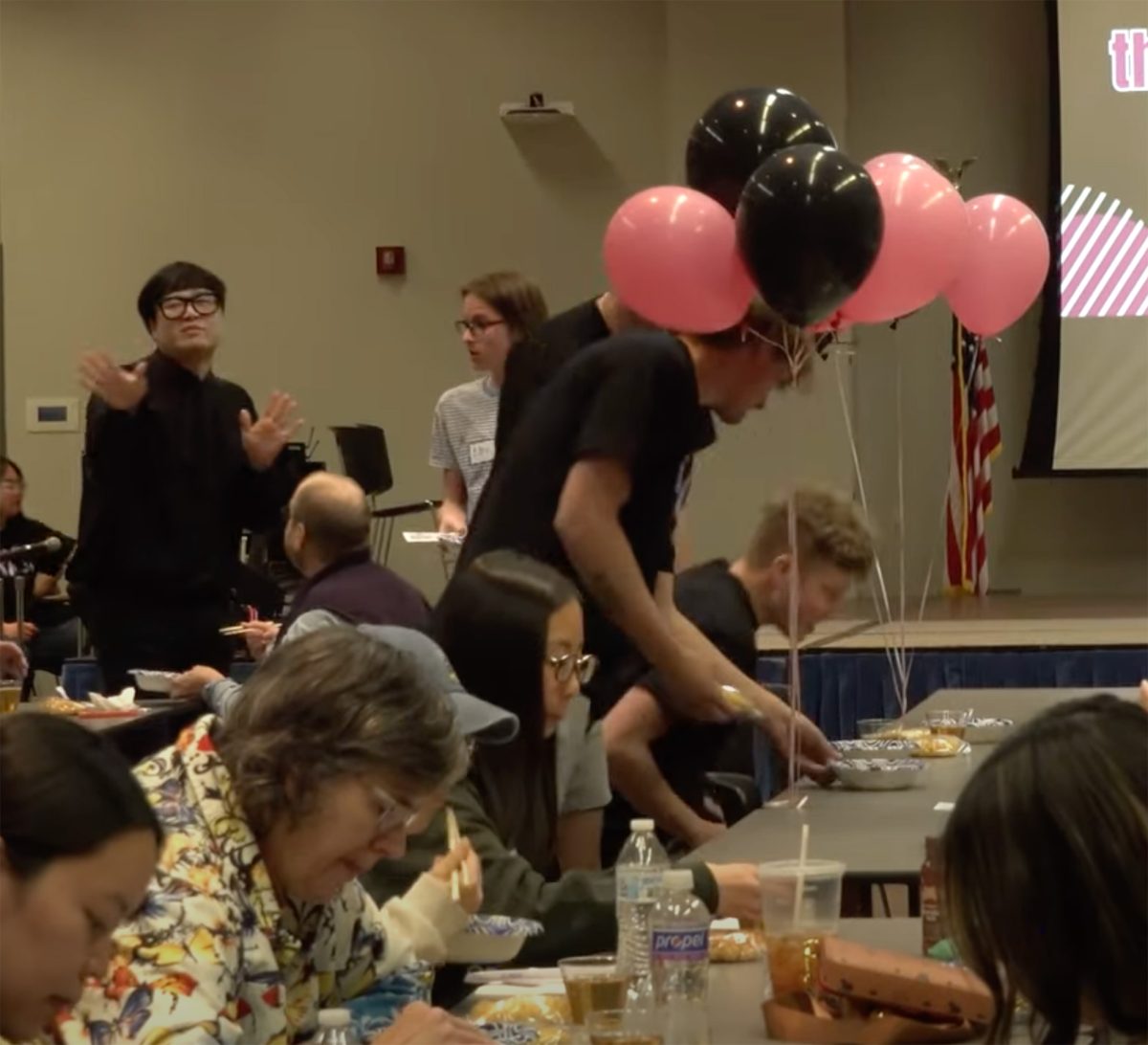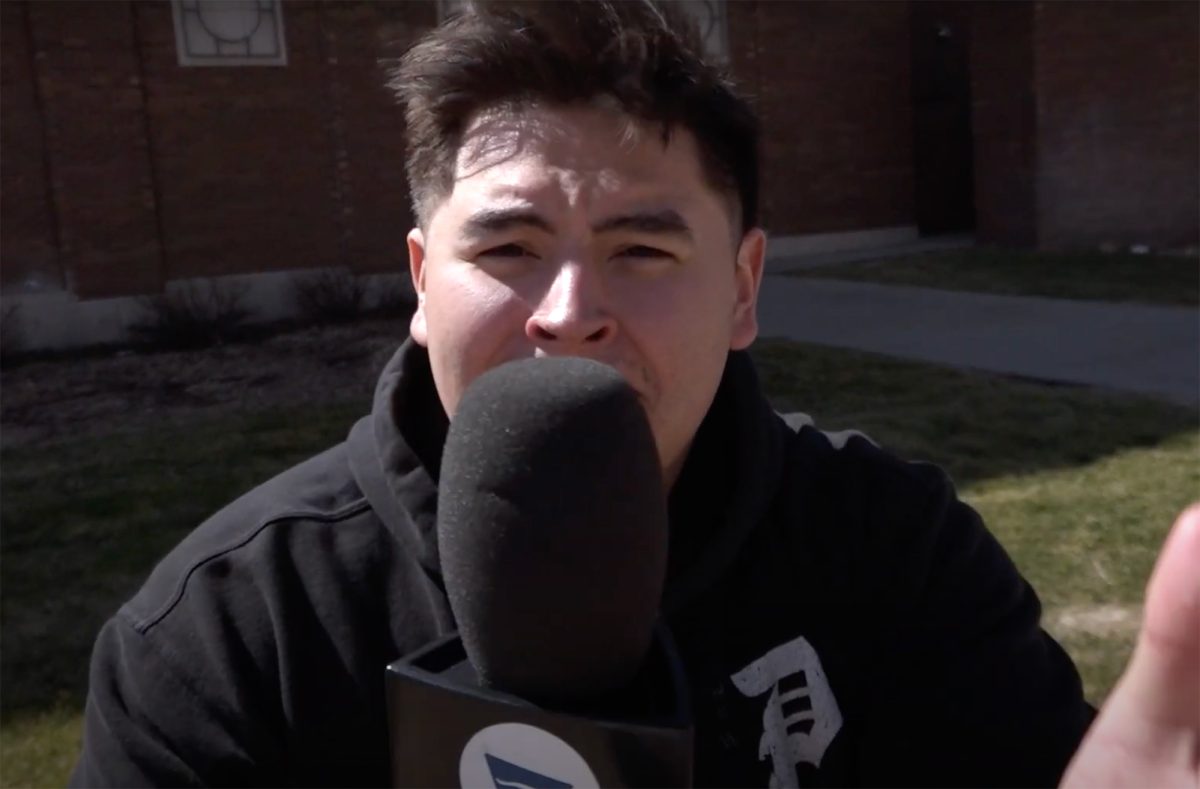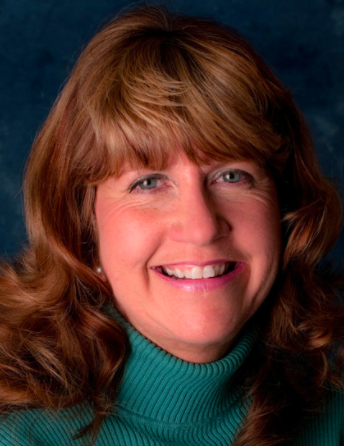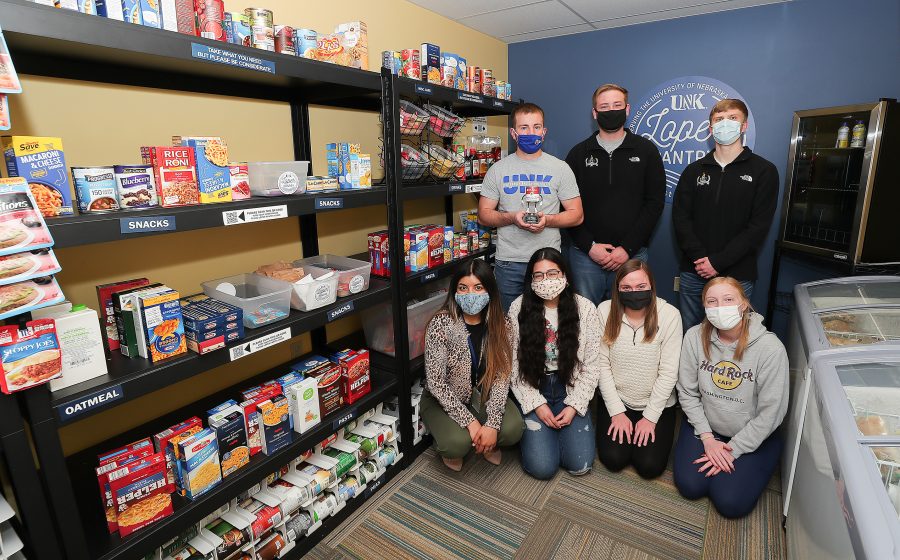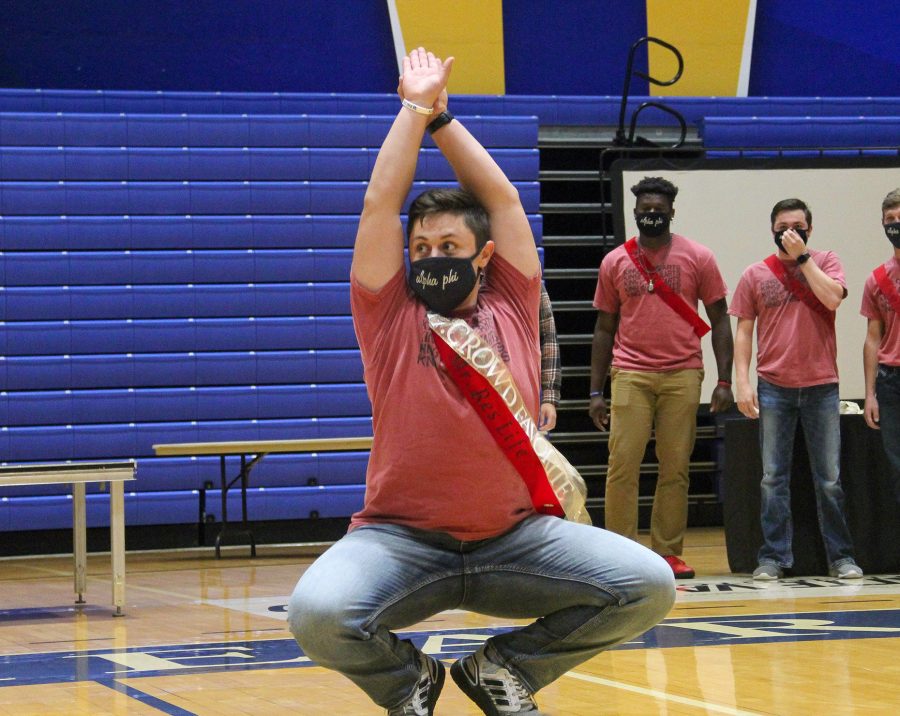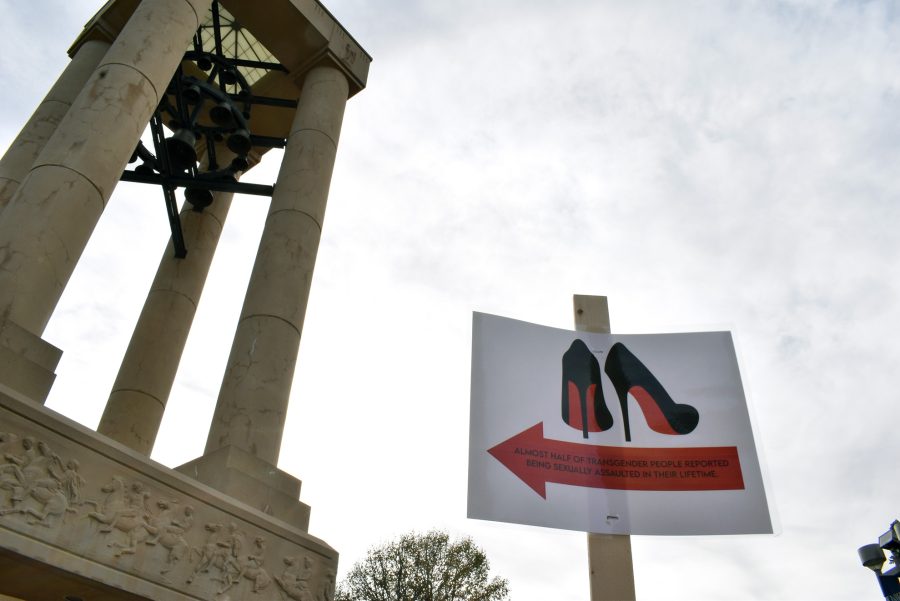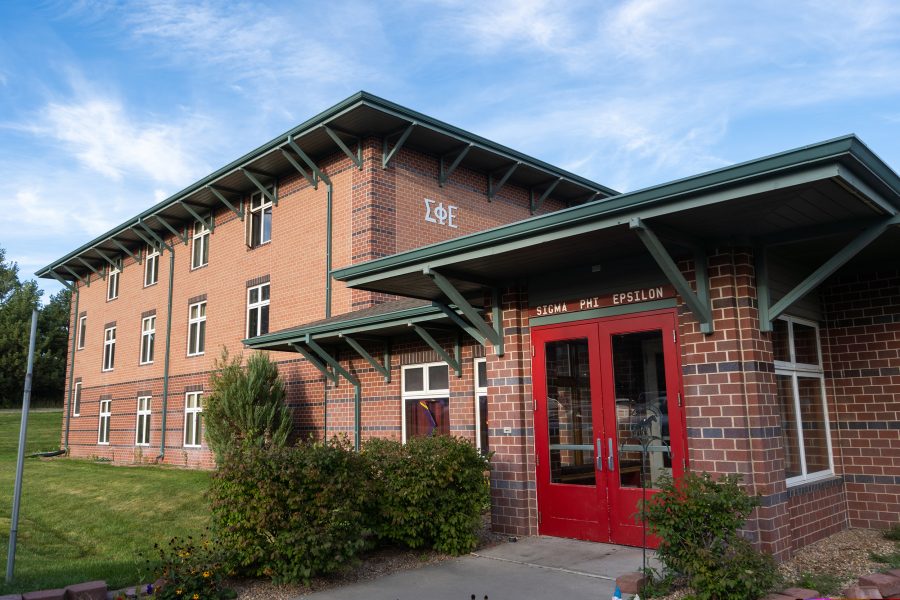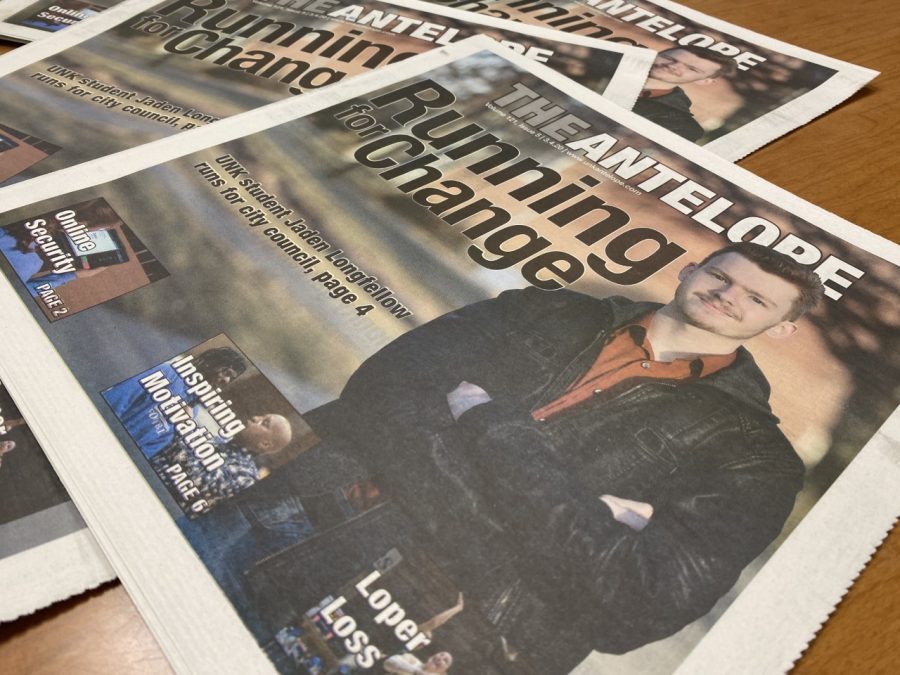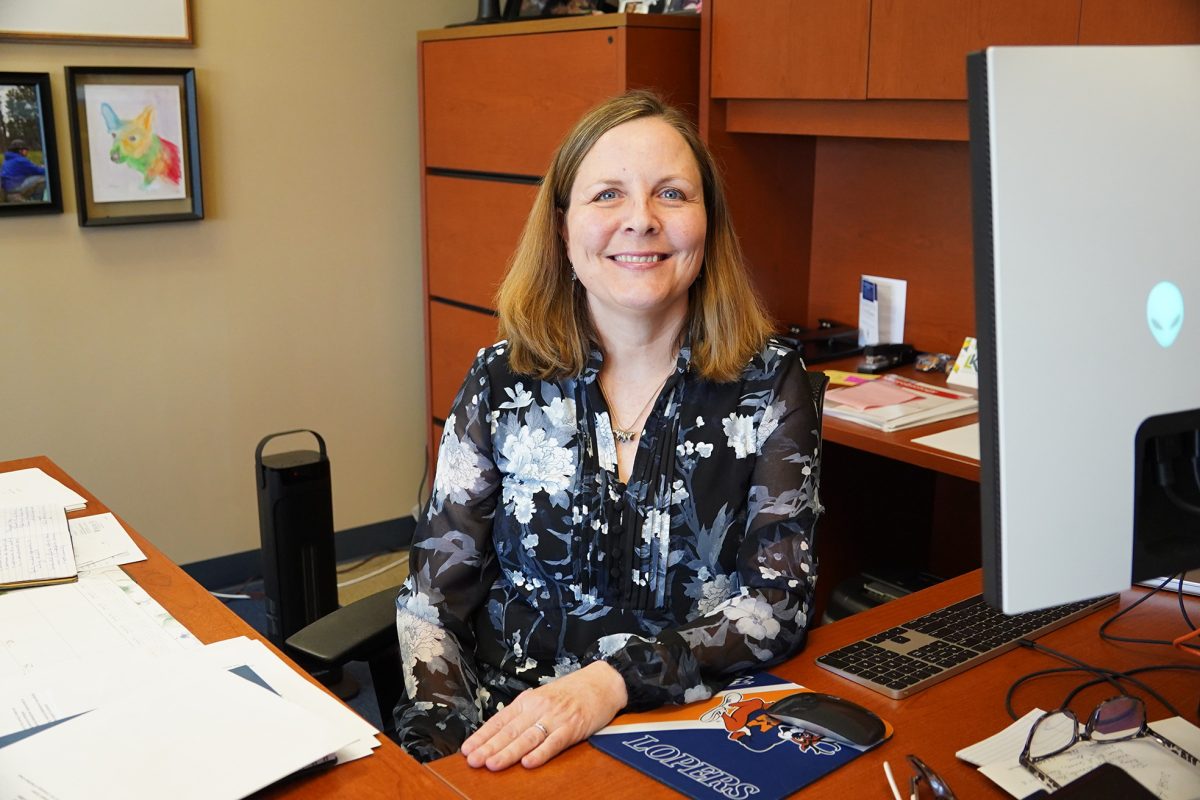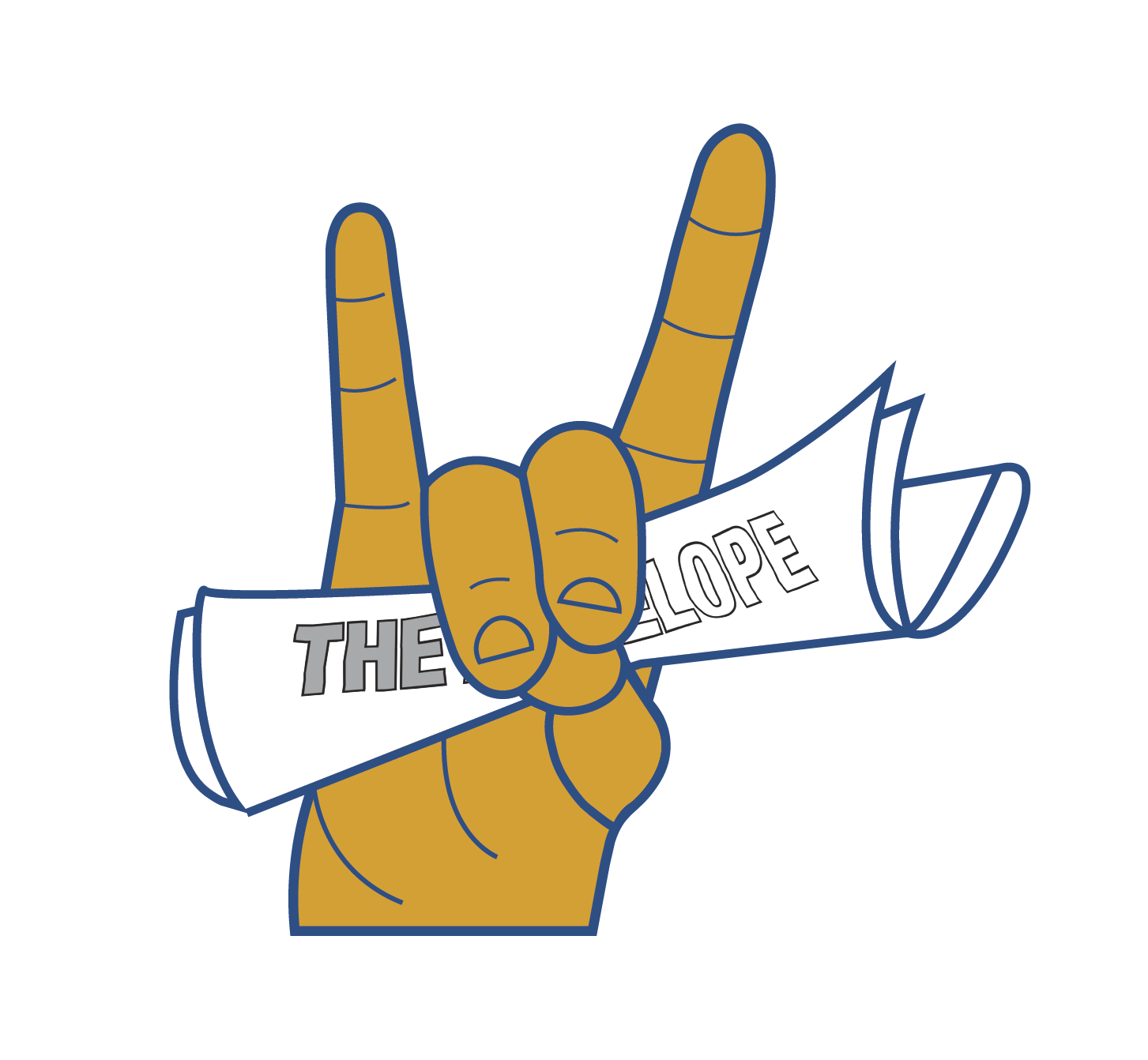Moore’s research of UNK students questions whether Greeks or independents are riskier when it comes to sex
Abbie Rohr
Antelope Staff
Dr. Tami Moore’s latest research project stemmed from a strong relationship with the Sig Ep fraternity on campus.
She worked with Sig Ep to help them understand academics and the university system. They created a residential learning community, which meant they should be offered a class offered solely to them, said Dr. Moore, the family studies department chair who won the faculty member of the year award for 2017.
The class was FSID 151, or Human Sexual Behavior. One of the topics that appeared frequently in the class was whether or not UNK students felt there was an impression that sororities and fraternities behave differently in regards to sexual activity and behaviors and drinking.
“They wanted to do a survey as part of the class to see if that was true. The findings were interesting, but it was just an in class survey so it didn’t have a lot of barring,” Moore said.
Moore took the idea “tweaked and polished it” and brought the idea to the Residential Life Dean and Student Health Center Director. She discussed with them whether the research on student sexual behaviors on campus would be useful. “They thought it might be so we did a larger scale study,” Moore said.
The class survey and discussion was the impetus for her larger research project “Beyond Perceptions: The Realities of University Student Sexual Behavior,” which discussed the impact that student programming has on safe sex practices.
The study examined 650 students who answered the survey, both Greeks and independents and compared the perceptions to the reality of their behaviors. She went on to present her study and findings to the American Society of Sex Educators, Counselors and Therapists in Las Vegas in June, 2017.
“We found out that UNK is just like every other campus across the U.S. There was a perception that the Greek system was more accepting of behaviors like sex and drinking,” she said. “That piece just substantiated the other research, but what is happening at UNK in terms of sexual behavior has some interesting incites and ideas as to where we need to go for programming and education,” Moore said.
The study found that 82.2 percent of all Greeks and 78.2 percent of all independents surveyed were sexually active. The study showed 83.6 percent of Greeks and 81.3 percent of independents said they had engaged in unprotected sex before, while 47.8 percent of Greeks and 57.9 percent of independents had not used a condom during their last sexual encounter. Greeks were also found to have reported less overall sex partners than independents.
“We found that the riskiest behaviors were those of the independents, which would lead you to believe that maybe the programming that is going on in the fraternity and sorority houses are working,” Moore said.
However, 80.2 percent of Greeks and 64.8 percent of independents claimed to have had sex under the influence of alcohol. “The ideas about drugs and alcohol are similar to the rest of the U.S. Almost 70 percent of all females said that they have had sex under the influence of alcohol, which is a very risky behavior, and it is higher among the Greeks than independents.”
There was a significant gap between males and females who said that they had been tested for STDs and STIs, as 48 percent of males and 70 percent of females claimed that they have. “We did see that testing has gone up, especially among females. More females are going to get tested,” Moore said.
Going forward, Moore says that she wants to use this research to determine which topics that students need more training and education on. “Across the board females are saying that they have been pressured to have sex, even when they didn’t really want too. That is another area to focus on, what is consent. There was a section on the survey they asked what is consent. I’m not sure they really understand it,” she said.
In the future Moore would like to focus on the non-traditional students in comparison to the traditional students. “I kept the non-traditional students in the study and looked at their data. Their number of partners is lower than those of traditional students. Non-traditional means they didn’t go to college right out of high school,” she said.
She wonders if the “college experience” directly after high school is the reason for the increase in number of partners. “If it is, then it is a riskier behavior,” she said, “At universities we think we just educate, but the social experience is really big for students as well,” she said.

